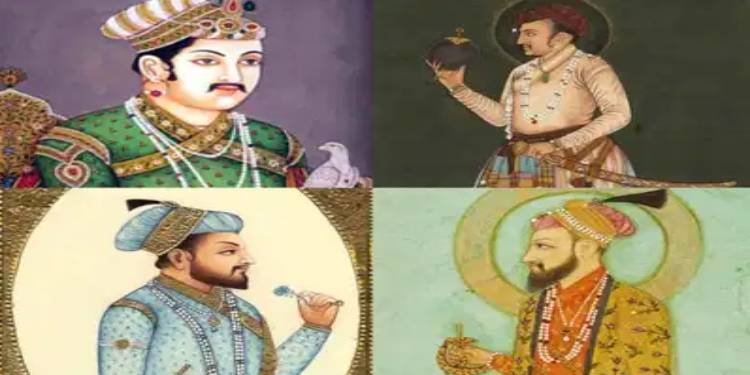
Children in Indian schools run the risk of learning nothing about the time when the Muslim Mughal Empire governed the country.
Chapters on Mughal emperors are excluded from a new set of textbooks that are a part of the "rationalized syllabus" by the National Council of Educational Research and Training (NCERT), an independent organization under the federal education ministry.
According to reports, which examined each textbook for chapters on and references to the Mughal era, kids can effectively study part of the history of the Mughals in Class 7 (about age 12), a little in Class 8, none in Classes 9 to 11, and a condensed version in Class 12.
Mughal history chapters have already been eliminated and revised in Delhi University's BA History honors program prior to the revision of the school curriculum.
The Mughals have a disproportionate presence in Indian history, according to those who support the makeover, and this is all part of "right-sizing." But being one of India's longest-reigning dynasties, the Mughal dynasty left a particularly large mark on the history of the country, ruling from 1526 to 1761. From Delhi's Red Fort to Agra's Taj Mahal, the wealthy and culturally advanced group of Muslim monarchs has also left legacies that will endure for decades.
That past is being buried and changed. It's not shocking that this is taking place in a nation that forbids students from learning about Darwin's theory of evolution unless they choose to study biology in grades 11 and 12, as it contradicts religious dogma and the creation narrative.
Chapters on Mughal emperors are excluded from a new set of textbooks that are a part of the "rationalized syllabus" by the National Council of Educational Research and Training (NCERT), an independent organization under the federal education ministry.
According to reports, which examined each textbook for chapters on and references to the Mughal era, kids can effectively study part of the history of the Mughals in Class 7 (about age 12), a little in Class 8, none in Classes 9 to 11, and a condensed version in Class 12.
Mughal history chapters have already been eliminated and revised in Delhi University's BA History honors program prior to the revision of the school curriculum.
The Mughals have a disproportionate presence in Indian history, according to those who support the makeover, and this is all part of "right-sizing." But being one of India's longest-reigning dynasties, the Mughal dynasty left a particularly large mark on the history of the country, ruling from 1526 to 1761. From Delhi's Red Fort to Agra's Taj Mahal, the wealthy and culturally advanced group of Muslim monarchs has also left legacies that will endure for decades.
That past is being buried and changed. It's not shocking that this is taking place in a nation that forbids students from learning about Darwin's theory of evolution unless they choose to study biology in grades 11 and 12, as it contradicts religious dogma and the creation narrative.

